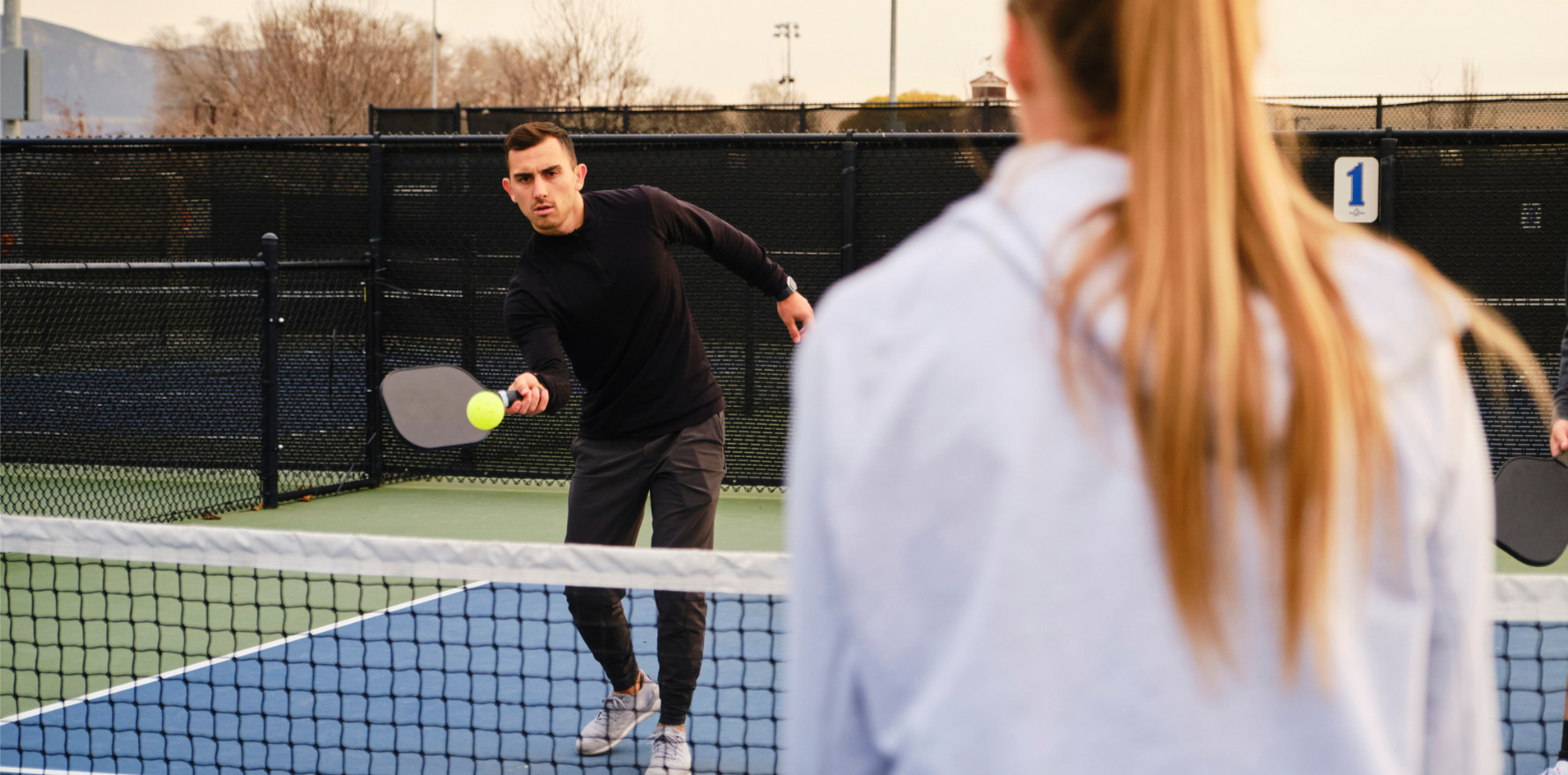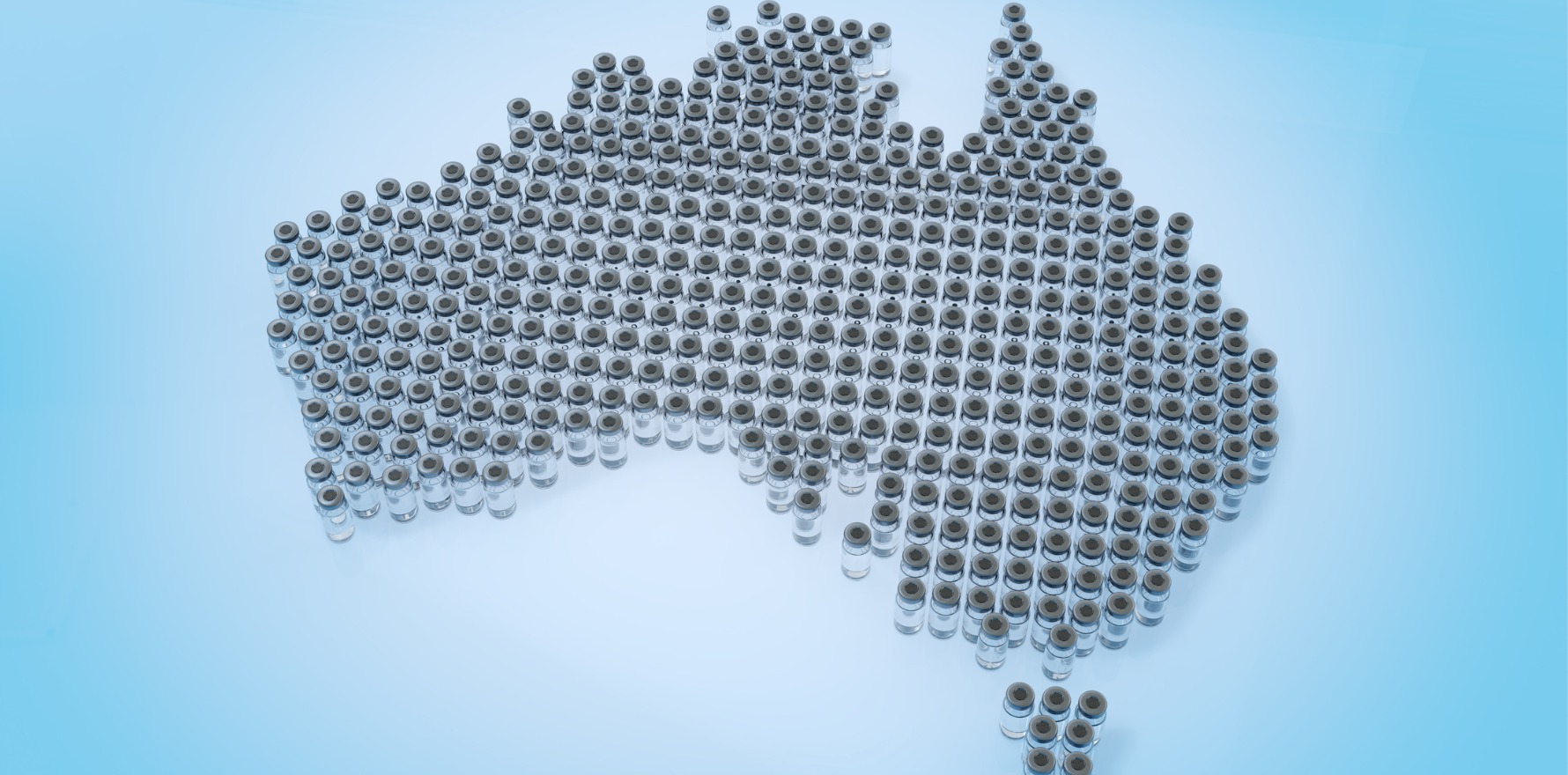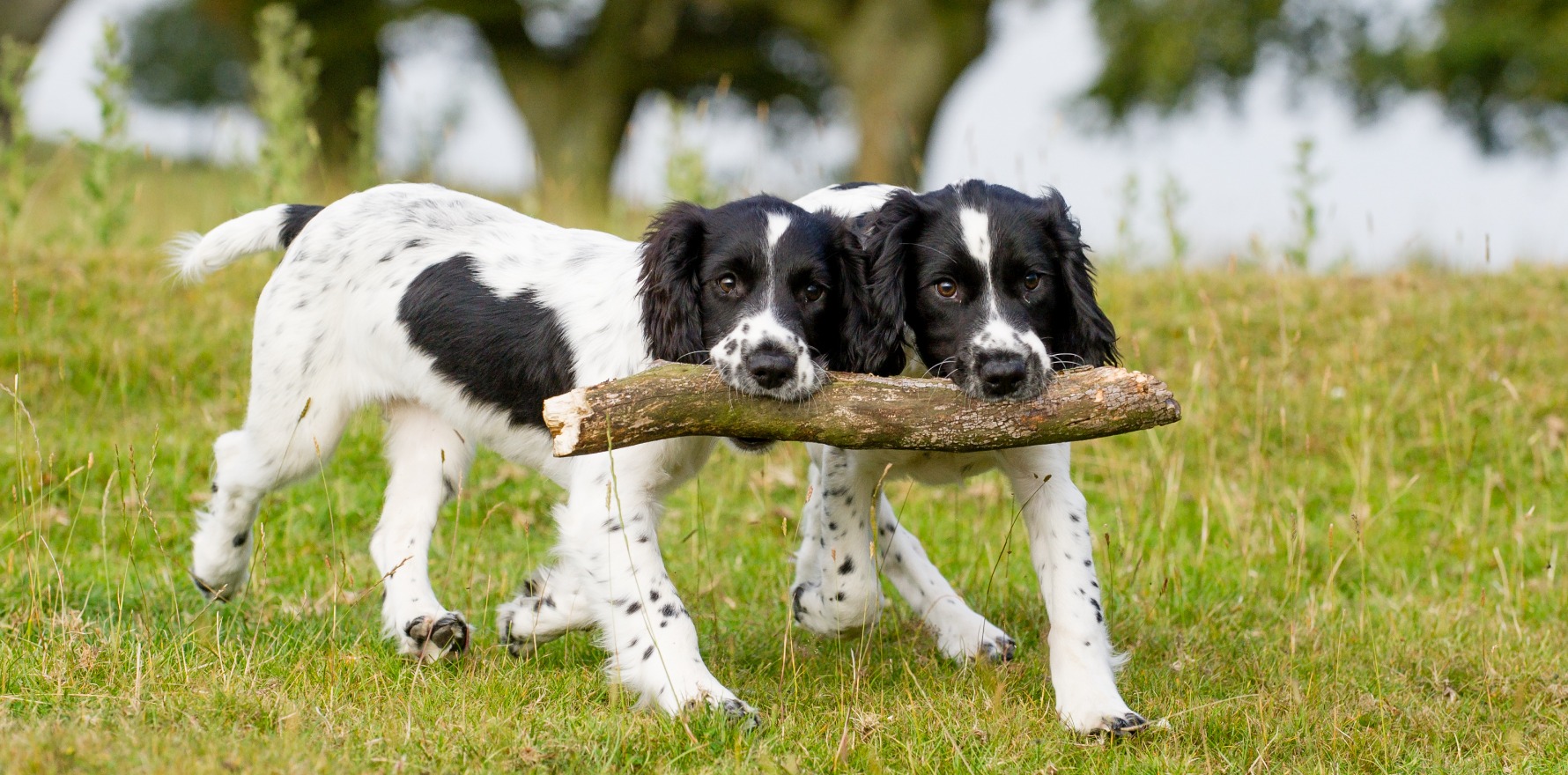Two more RSV vaccines are under consideration as we head into winter.
The PBAC has rejected Pfizer’s application for its RSV vaccine, Abrysvo, to be added to the National Immunisation Program for pregnant women to prevent severe disease in their babies.
In March, the TGA approved Abrysvo for pregnant women at 24 to 36 weeks’ gestation to prevent RSV-related lower respiratory tract disease in their infants for up to six months. The vaccine was also approved for adults aged 60 and over.
But last week the PBAC said it did not recommend the recombinant respiratory syncytial virus pre-fusion F protein-based vaccine (RSVpreF) be listed on the National Immunisation Program for pregnant women, saying the vaccine would need a price drop.
In its latest recommendations, the PBAC said while there was clinical evidence of a reduced risk of severe lower respiratory tract illness due to RSV in babies with mothers who had been vaccinated during pregnancy, “the incremental cost-effectiveness ratio was high and uncertain”.
“The PBAC considered that a price reduction would be required to ensure the vaccine was cost-effective in the proposed circumstances of use.”
Pfizer Australia has been working towards supply of Abrysvo being available from mid-year and said that, as yet, the price of the vaccine on a private script was not yet available.
Related
A spokesperson for Pfizer Australia told TMR: “Pfizer Australia welcomes the PBAC’s acknowledgement of the high and urgent unmet clinical need for prevention of RSV in infants from birth through six months of age and the clinical benefit of Abrysvo compared to placebo.
“Pfizer will continue to work collaboratively with the PBAC and Department of Health and Aged Care to deliver access to Abrysvo for pregnant individuals via the proposed National Immunisation Program as soon as possible.”
A maternal immunisation study in the NEJM found that babies of mothers vaccinated with RSVpreF had 82% lower risk of severe lower respiratory tract disease associated with RSV within three months after birth, and 69% lower risk within six months compared to placebo.
At its July meeting, the PBAC will consider NIP listing for GlaxoSmithKline Australia’s RSV vaccine Arexvy for people aged 60 and over.
The advisory body will also consider a General Schedule Restricted Benefit listing for Sanofi-Aventis Australia’s nirsevimab (Beyfortus) for babies in their first RSV season as well as children up to age two who are vulnerable to severe RSV.





